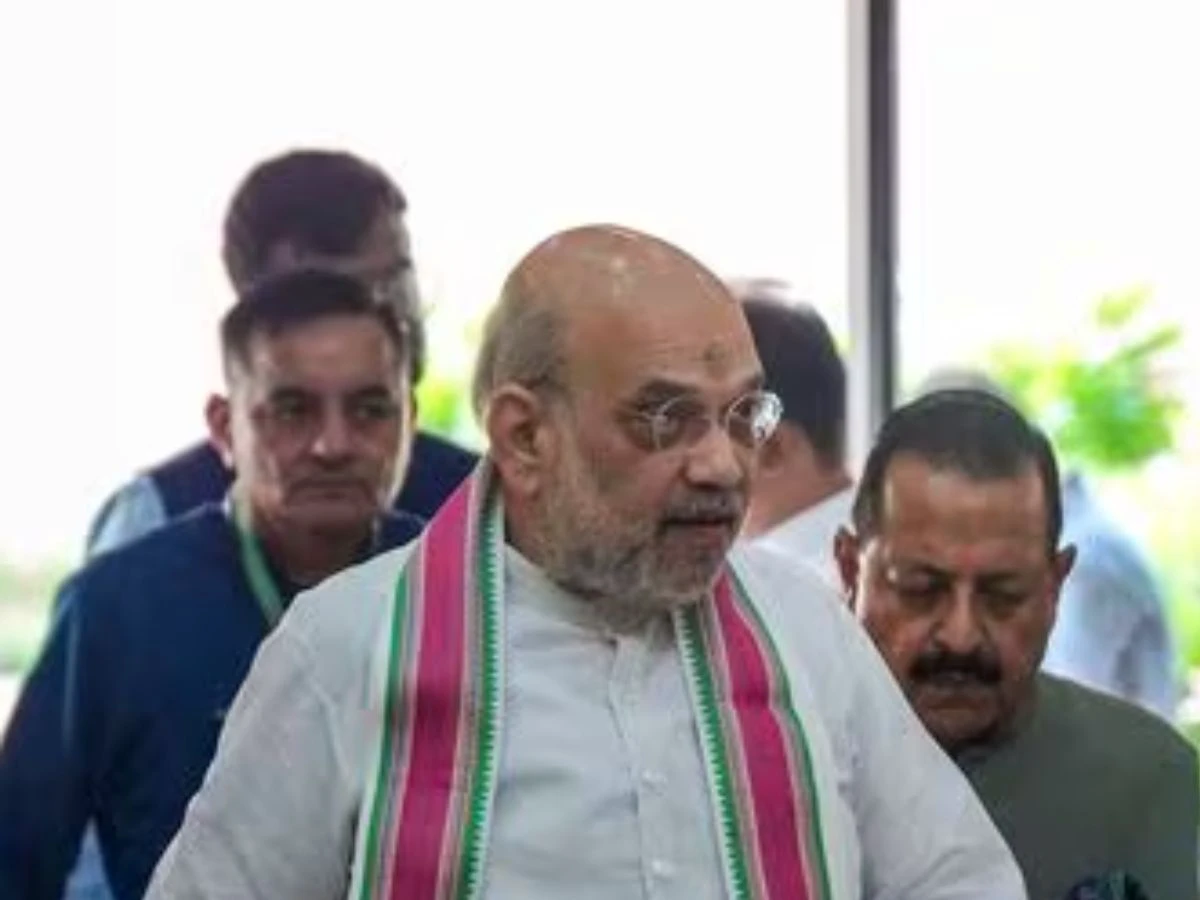The Constitution (One Hundred and Thirtieth Amendment) Bill, 2025, is likely to be introduced in the Lok Sabha on Wednesday, as per the list of business released yesterday.
The bill seeks to amend articles 75, 164 and 239AA of the Constitution, for providing a legal framework for the removal of the Prime Minister or a Minister in the Union Council of Ministers and the Chief Minister or a Minister in the Council of Ministers of States and the National Capital Territory of Delhi in such cases.
“It is expected that they rise above political interests, and the character and conduct of Ministers holding the office should be beyond any ray of suspicion, said the Bill’s objective.
It further said, “There is, however, no provision under the Constitution for removal of a Minister who is arrested and detained in custody on account of serious criminal charges.”
What Are Key Amendments?
Amendment to Article 75 – The Bill seeks an amendment to Article 75 of the Constitution. It states that if a minister, who is arrested or detained in custody for an offence which is punishable with imprisonment for five years or more, shall be removed from his office by the President on the advice of the Prime Minister for 30 days.
It is provided that if the advice of the Prime Minister is not tendered to the President by the thirty-first day, he shall cease to be a Minister.
The ground is also the same for the Prime Minister. If the Prime Minister meets the conditions, they shall tender their resignation by the 31st day after such arrest and detention.
Amendment to Article 164 – It provides the same ground for the removal of the chief minister and ministers of states.
Amendment to Article 239AA – This Article is being amended to enforce the same provisions for the chief ministers and ministers of the Union Territories.
What Is the Constitutional Amendment Process?
Article 368 under Part XX deals with the procedure to amend the Indian Constitution. It provides for Parliament to amend the constitution.
However, the Parliament cannot amend the ‘basic structure’ of the Constitution, which was ruled by the Supreme Court in the Kesavananda Bharati case (1973).
In Article 368, two types of amendments are provided – first by a special majority of Parliament and second by the special majority of Parliament along with the ratification of half of the state legislatures by a simple majority. Also, amendment of certain provisions of the Constitution requires amendment by a simple majority of each house present and voting. However, it is not considered an amendment.
